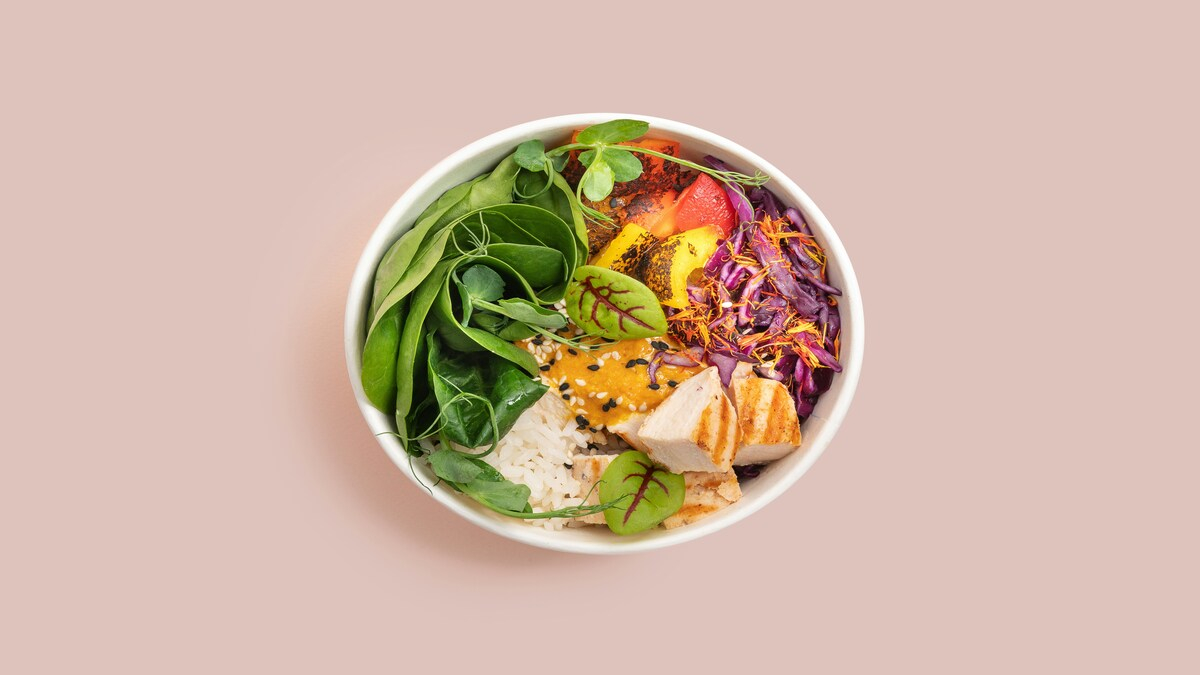The Supplemental Nutrition Assistance Program (SNAP), commonly known as food stamps, is designed to assist low-income households in purchasing food. However, its scope is defined by strict guidelines regarding what is eligible for purchase.
Alcohol and SNAP benefits
Under no circumstances can SNAP benefits be used to purchase alcoholic beverages, including beers and wines. The US Department of Agriculture (USDA), which administers the program, explicitly prohibits the purchase of alcohol with SNAP funds. This restriction is grounded in the Food and Nutrition Act of 2008, which defines eligible items for purchase and excludes alcohol and tobacco products from the list.
Attempting to use SNAP benefits for restricted items, such as alcohol, will result in the transaction being denied. Additionally, misuse of these benefits can lead to severe penalties, including disqualification from the program and potential legal consequences. Some states even impose additional restrictions to prevent the use of SNAP cards at liquor stores or similar establishments.
What can SNAP benefits be used for?
SNAP benefits are intended to help households purchase essential food items. Eligible items include:
- Basic groceries: Bread, cereals, fruits, vegetables, meat, fish, poultry, and dairy products.
- Snack foods and beverages: Non-alcoholic drinks, soft drinks, and snack foods like cookies and crackers.
- Seeds and plants: Items that produce food for home consumption.
Additionally, seafood, steak, and bakery items are considered eligible, provided they are meant for home consumption. Certain unusual items, like edible pumpkins or seafood sold live, are also eligible.
Ineligible purchases with SNAP
The list of ineligible items under SNAP includes more than just alcohol. Other prohibited purchases are:
- Non-food items: Pet food, household supplies, toiletries, and cleaning products.
- Prepared or hot foods: Meals intended for immediate consumption, like those sold in restaurants or delis.
- Vitamins and supplements: Products labeled as supplements are ineligible.
- Luxury and decorative items: Gift baskets or cakes where non-food components exceed 50% of the value.
Special cases: Energy drinks, cakes, and seafood
- Energy Drinks: These are eligible if labeled with “Nutrition Facts,” but ineligible if labeled as “Supplements.”
- Cakes: Eligible for purchase if decorative, non-edible elements make up less than 50% of their total value.
- Live Seafood: Items like live lobsters or fish can be purchased if intended for home preparation.
Why the restrictions?
The restrictions aim to ensure that SNAP funds are directed toward providing nutritious and essential food items for households. Items like alcohol and tobacco do not align with the program’s mission to alleviate hunger and improve nutrition. Similarly, ineligible non-food items are excluded to focus resources on food-related necessities
Key exceptions and nuances
While hot foods are generally prohibited, there are some exceptions. For instance, rotisserie chickens and similar items designed to be reheated at home may qualify. Additionally, some states have programs like the Restaurant Meals Program (RMP), which allows certain eligible recipients (such as the elderly or homeless) to use SNAP benefits for restaurant meals.
How are SNAP benefits accessed?
SNAP recipients use an Electronic Benefits Transfer (EBT) card, which functions like a debit card and is accepted at authorized retailers. These cards automatically restrict the purchase of ineligible items at the point of sale, providing an additional layer of compliance enforcement.

